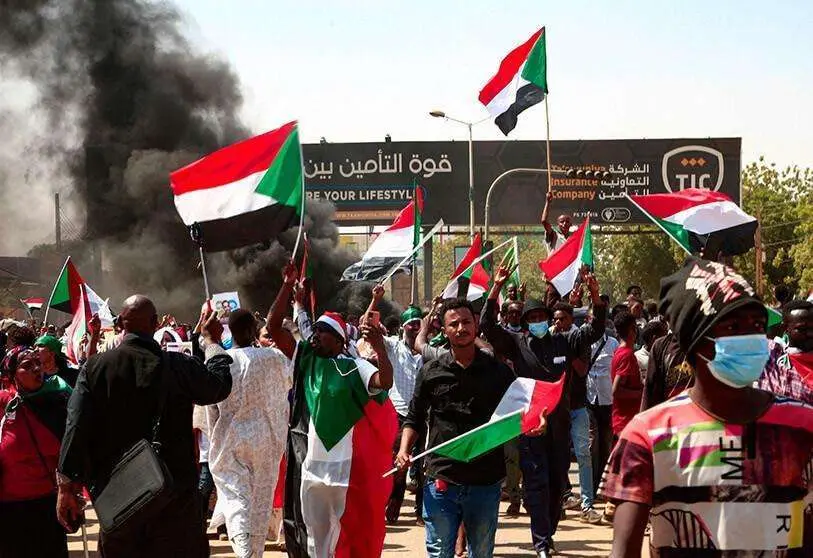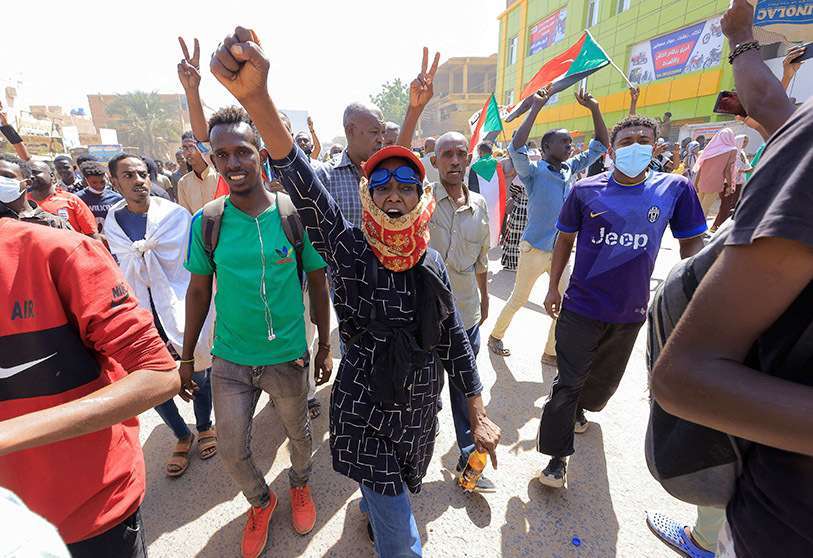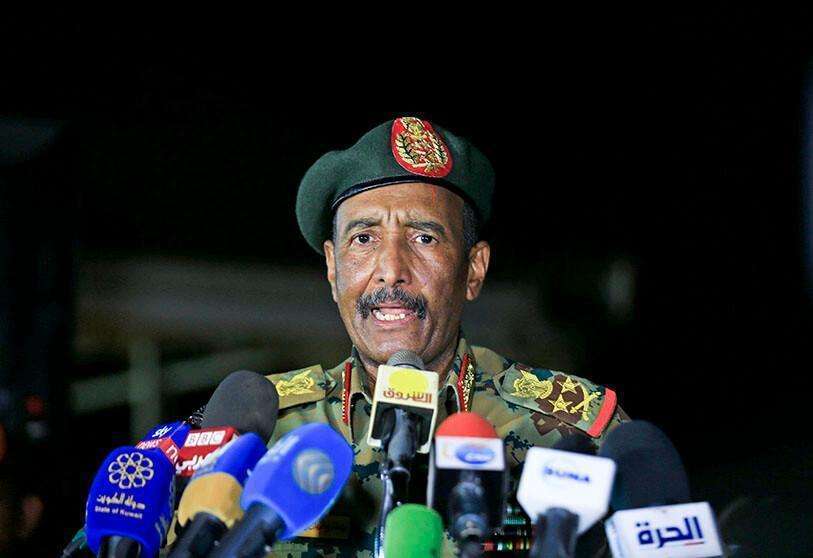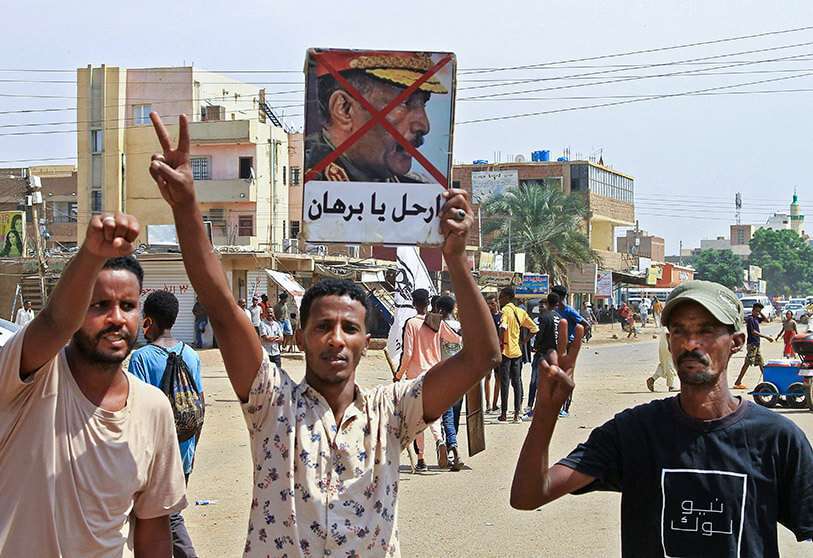Sudan: the latest phase of political dialogue gives hope for the country's future

The political and social crisis that Sudan has been experiencing since the October 2021 coup d'état could be significantly mitigated thanks to the efforts of the trilateral mechanism sponsored by the United Nations Integrated Transition Assistance Mission in Sudan (UNITAMS), the African Union (AU) and the Intergovernmental Authority on Development (IGAD). The initiative, which aims to foster a process of political dialogue to facilitate a democratic transition, is entering its final phase with the agreement of Sudanese political actors.
This phase began last Sunday at the Friendship Hall in Khartoum amidst local and international optimism and in the presence of civil society representatives, academics, members of the private sector, religious leaders, members of the public, youth and women's rights groups.
The Trilateral Mechanism and the Joint Coordination Committee held a series of meetings this week to prepare the next phase of the political process. AU-IGAD-UN are providing expertise and support to broad consultations on five issues starting with a conference on dismantling. pic.twitter.com/gy3hi0tLmj
— UN Integrated Transition Assistance Mission Sudan (@UNITAMS) January 5, 2023
According to a statement from the trilateral mechanism, the four-day talks will address five key issues to reach "a roadmap for the renewal of the process of dismantling the regime of Omar Al-Bashir", the dictator who controlled the country for almost 30 years.
Thanks to this initiative - which also has the mediation of Western and Arab countries such as the United States, Saudi Arabia and the United Arab Emirates - the different political factions in Sudan signed a Political Framework Agreement in early December that paves the way towards the longed-for political stability in the country. As IGAD noted in a press release, this agreement "is a key first step towards the restoration of a sustainable transitional period and the formation of a civilian, democratic and accountable government".
SRSG @volkerperthes remarks on the Framework Political Agreement "It is my hope that the principles in the document will be translated into action. The transitional authorities need to commit to respect & protect the rights & freedoms of all Sudanese"
— UN Integrated Transition Assistance Mission Sudan (@UNITAMS) December 5, 2022
? https://t.co/xK56rgovN0 pic.twitter.com/RLO8KkGafq
Now, during this final stage, Sudanese political representatives must discuss justice, security, reforms and the dismantling of elements linked to the Al-Bashir regime, ousted in April 2019 after strong anti-government protests. "The upcoming working groups and conferences are expected to result in roadmaps on each of the issues to be considered in the final political agreement," a UNITAMS statement said.

Abdel Fattah Al-Burhan, leader of the army and chairman of the Sovereign Transitional Council, has pledged along with his vice-president, Mohamed Hamdan Dagalo Hemetti, to remain committed to the democratic transition and the agreements reached last December.
"We assure you all and the Sudanese people that we will not fail you and we will not backtrack on the path we have embarked on to lead us to a democratic transition," said Al-Burhan, the leader of the October 2020 coup that ended the transitional government headed by Abdalla Hamdok, thus aggravating the country's political, social and economic crisis. According to Sudan Tribune, Al-Burhan thanked the "regional and international partners who support this process" and, in particular, highlighted the efforts of the trilateral mechanism.

Al-Burhan also assured that the armed forces would "sooner or later" rely on an elected civilian government. "The armed forces are committed to withdrawing [from politics] and working with their political and civilian partners to lay the foundations for the military's role in democratic societies," he told the press conference, according to The National News.
The agreement initialled in early December provides for the military's exit from politics, as well as the appointment of a civilian prime minister to lead the country into a 24-month transition leading to free and fair elections.
Despite Al-Burhan's statements, there is still much scepticism about the agreement reached in December and the future of the country. Many citizens continue to demand that the military leave power immediately and be brought to justice for the deaths of at least 120 people during the post-coup protests.

Speaking to The National News, Amjad Fareid Eltayeb, Abdalla Hamdok's deputy chief of staff, says the agreement signed in December and subsequent negotiations will lead to an "elite deal that lacks public support" that will not prevent future coups in the country.
Sudan has been mired in instability since the October 2021 coup. Moreover, since then, the economic and social situation has worsened considerably as, following the military coup, Sudan's international partners such as the United States and the European Union suspended millions of dollars in aid to the country. To this critical panorama must be added the humanitarian crisis caused by droughts and rising prices, as well as new episodes of ethnic and tribal violence that have left hundreds dead and thousands displaced in various regions of the country.








